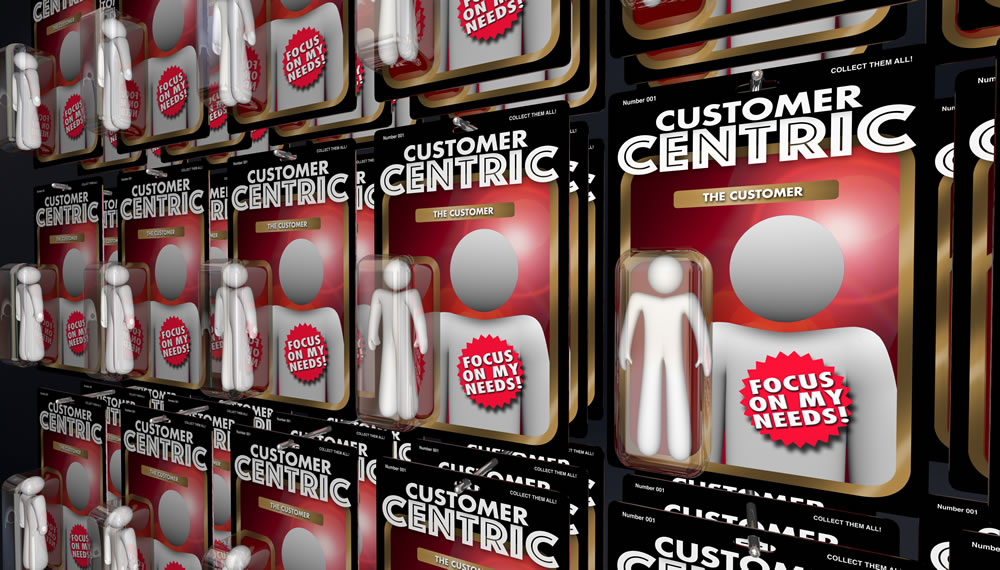February 2022
By: David Bland
 In the wake of the Omicron variant’s global surge, as COVID-19 case counts neared their peak of over 800,000 new cases per day across the U.S., the Federal Trade Commission (FTC) publicized a series of cease and desist demands it sent to 25 businesses over the past six months. Granted under the authority of the COVID-19 Consumer Protection Act, the list included four direct sellers targeted in November and December 2021.
In the wake of the Omicron variant’s global surge, as COVID-19 case counts neared their peak of over 800,000 new cases per day across the U.S., the Federal Trade Commission (FTC) publicized a series of cease and desist demands it sent to 25 businesses over the past six months. Granted under the authority of the COVID-19 Consumer Protection Act, the list included four direct sellers targeted in November and December 2021.
Companies adapt and innovate to satisfy modern customers and demanding regulators
By: Stephanie Ramirez
This is called the direct-selling business, not the direct-recruiting business. Companies are going to need to bring their leaders into the mix and explain that times are changing, so we’ve got to change and they’ve got to change or we’re going to be left behind.
— Mike Sheffield, Founder and CEO, The Sheffield Group
The unprecedented amount of scrutiny brought on by the FTC over the past year has many direct sellers scrambling to shore up policies as well as update and modernize their marketing practices and compensation plans.
 The customer is king in this new era of direct selling, and while some legacy companies have remained steadfast with their current plans, new channel entrants are starting fresh out of the gate with unique hybrid models.
The customer is king in this new era of direct selling, and while some legacy companies have remained steadfast with their current plans, new channel entrants are starting fresh out of the gate with unique hybrid models.
Whether it is incorporating affiliate programs or app-based retention tools programs into their model, embracing verified influencers, or constructing a business plan around corporate social responsibility, the direct sellers of the modern age are acutely aware of the importance of showing network marketing’s best face to both regulators and an often-critical public.





